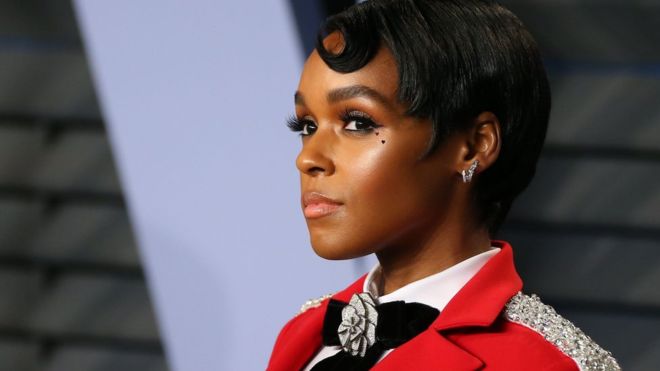‘Afrofuturism is me. Us. Black people seeing ourselves in the future, being as magical as we want to be.’
The words of Janelle Monae serve to respond to the words of Mark Dery’s ‘Black to the future’ article questioning ‘can a community whose past has been deliberately rubbed out… imagine new futures?’
11 years into Monae’s successful music career that started with her release of Metropolis: Suite 1 (The Chase), it seems that the world is ready to grant black people a place in the world of technology, sci fi and the future. Monae’s work, of course, doesn’t solely focus on racial inequality. Her catchy tunes with their futuristic notes hold lyrics that empower women, often go against the government. 91 years after the all-white casting of the original Metropolis, and dystopias, sci-fis and other futuristic genres have only just started to investigate the possibility of majority black castings.
In a change of pace earlier this year, Marvel’s Black Panther featured a majority black cast, the first major blockbuster to do so. In contrast to all 20 years of Marvel’s film productions, not only did this film cast mainly black actors but it was also the first Marvel film which featured a black protagonist as its centre. Actors like Don Cheadle, Anthonie Mackie, and Idris Elba all played the role of the sidekick.
Surprising Disney executives and pundits everywhere, the film became the ninth-highest-grossing ever at the box office, earning $1,344 million to date. This gives hope not only to more diversity of ethnicity within entertainment but also that racism in the wider world is working towards eradication. Although Black Panther’s success cannot be attributed solely to Monae’s trippy visual albums, her music formed part of the Afrofuturist movement that is really beginning to find its feet, and take hold of the everyday mainstream culture.
Although many may assume the roles of idols like Janelle Monae and Chadwick Boseman only serve to give black people more representation in the entertainment industry, this would be severely underrating the purpose of Afro-futurism. Listening to Monae’s lyrics of oppression and inequality projected into a future dystopia allows histories of racial oppression to be both remembered and honoured; reflecting on the words of Dery, this is a culture of people who have had their past removed. It is important to honour the process in which this cultural removal happened, not simply in order to prevent it happening again, but also to place black culture into the imagined future.
Like Monae’s work, Black Panther provides a powerful reflection on the past by imagining a country in which colonisation hasn’t affected the culture. Afro-futurism provides a future without changing the past, but there is the unfortunate potential that this campaign might go unnoticed, and Black Panther might be seen as just another superhero film. Likewise, people might dance around to Monae’s music, forgetting to search the artist and uncover her intentions behind her craft.
Nevertheless, they’re still there; these things are still making change and the less noticed they are as they slip into the mainstream, the bigger, better and stronger the platform for Afro-futurism becomes until the only thing that needs to be rubbed out is racial inequality in the entertainment industry.
Amy Khan
Image credit: bbc.co.uk

